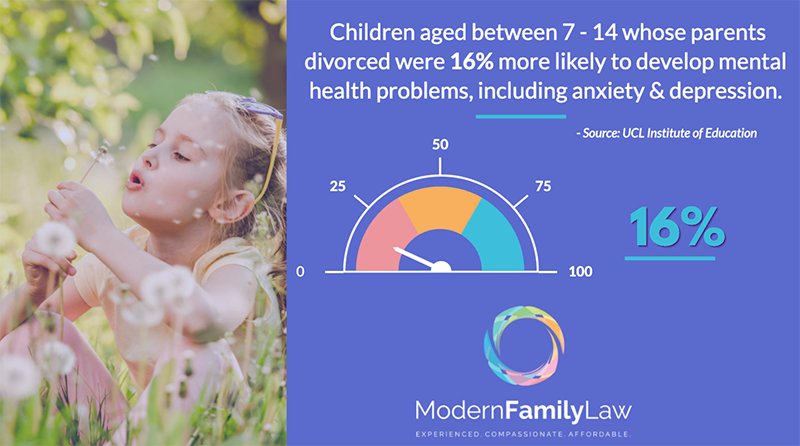Types Of Outdoor Activities & Their Therapeutic Aspects
1. Informal Play & Exploration: Unstructured playtime in natural settings like parks or backyards encourages children to use their imagination, fostering creative problem-solving and independent thinking. Through exploration, children can process their emotions by projecting their inner experiences onto the external world, whether by building a fort that represents a safe space or running free to release pent-up energy.
2. Structured Sports & Team Activities: Participation in sports such as soccer, baseball, or a relay race can instill the importance of teamwork, communication, and collective goal-setting. Achieving objectives within a team context provides a sense of belonging and camaraderie, which can be especially comforting when family dynamics are in flux.
3. Nature Crafts & Gardening: Engaging in nature crafts, like leaf painting or building birdhouses, directs focus toward a productive and creative outlet, offering a respite from emotional stress. Gardening activities encourage nurturing and patience, as children see the tangible results of their care in the growth of plants, which can be empowering and reassuring.
4. Adventure & Challenge-Based Activities: Activities that involve an element of challenge, such as orienteering, rock climbing, or kayaking, help children set personal goals and push their limits in a safe environment. The act of overcoming a physical challenge can be symbolic of personal growth and the ability to tackle life’s obstacles, boosting self-esteem and confidence.
5. Family-Centric Activities & Outings: Outdoor activities that involve family, like cycling, picnics, or nature trails, can provide a neutral ground for making new positive memories. Such outings allow for quality time together, reinforcing that although family configurations may change, the bond remains strong, offering consistency and support.
By engaging in these diverse outdoor activities, children can enjoy multiple therapeutic benefits that cater to their physical, emotional, and social needs. Each activity offers unique advantages that, when combined, provide a comprehensive support system aiding children through the healing process of divorce.







